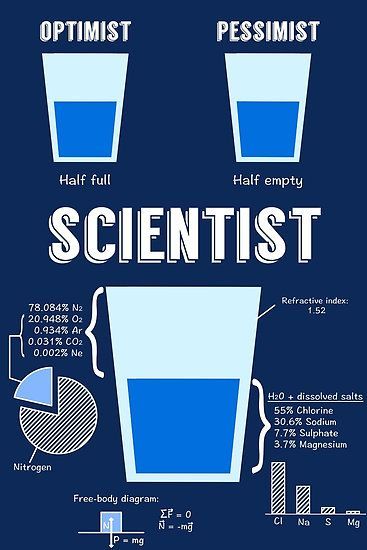The idea of something being ’empty’ is typically a negative one. When the glass is half full, we are taking an optimistic view of the situation, but a glass that is half empty is certainly negative. The Basque language has similar connotations around the word huts. Possibly stemming from Neolithic times when an empty stomach or empty food stores were about as terrible a situation one could experience, the concept of emptiness carries with it a sense of failure, of lack of substance or value.

- To describe someone as having failed or an item that is worthless, Euskara has a number of phrases that incorporate the idea of huts or emptiness. For example, huts egin du (literally “has made empty”) means someone has failed while gauza hutsala da (“it is an empty thing”) or hori hutsaren hurrengoa da (“that things is next to emptiness/nothingness”) describes something of no value.
- The idea of air filling emptiness and thus being related to emptiness is clear in Basque, just as in English (“he is full of hot air”). Air fills the emptiness, giving it volume, but no substance. It exaggerates appearances. Harroputza (“boastful”) literally means “hollow air,” in the same sense of a little bird that puffs itself out to look larger. Similarly, zaputza, meaning angry, possibly derives from zaha-putza, a bag or skin that is inflated with air but nothing else.
- Other expressions related to blowing out air, such as eztula (“cough”) and zintza (“blowing your nose”) also contain negative connotations. Horrek ez du zintza bat balio, meaning “that isn’t worth a blow of your nose,” express contempt. (Similar in spirit to the English “not to be sneezed at.”) On the other hand, hori ez da ahuntzaren gauerdiko eztula (“that isn’t the cough of a goat at midnight”) means something is very important.
- And, the idea of the wind, haize, being empty leads to several words to describe people. Haizeputz (“puff of wind” meaning haughty), haizeburu (“head of wind” meaning dumb or silly) and zorohaize (“crazy wind”) are all words to describe people in a bad light.
- Being full has the opposite sense. Saying someone is not bete-betea, or is not “full,” means that he or she is not all there.
Primary source: Hartsuaga Uranga, Juan Inazio. Vacío y Lleno. Enciclopedia Auñamendi. Available at: http://aunamendi.eusko-ikaskuntza.eus/es/vacio-y-lleno/ar-154035/
Discover more from Buber's Basque Page
Subscribe to get the latest posts sent to your email.

